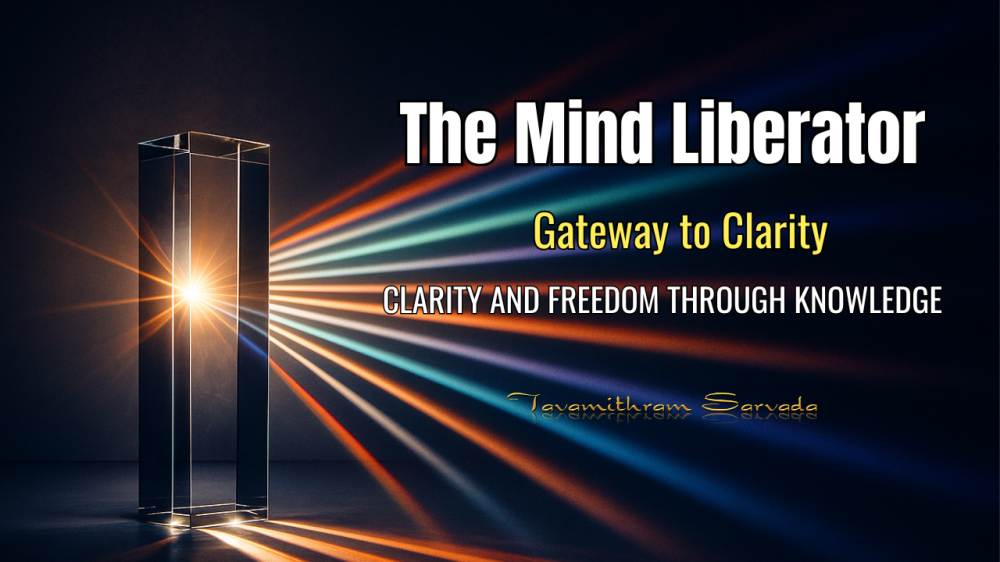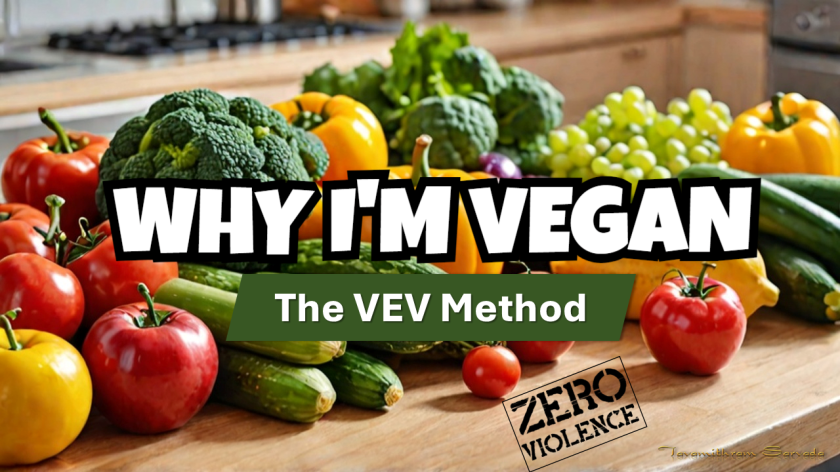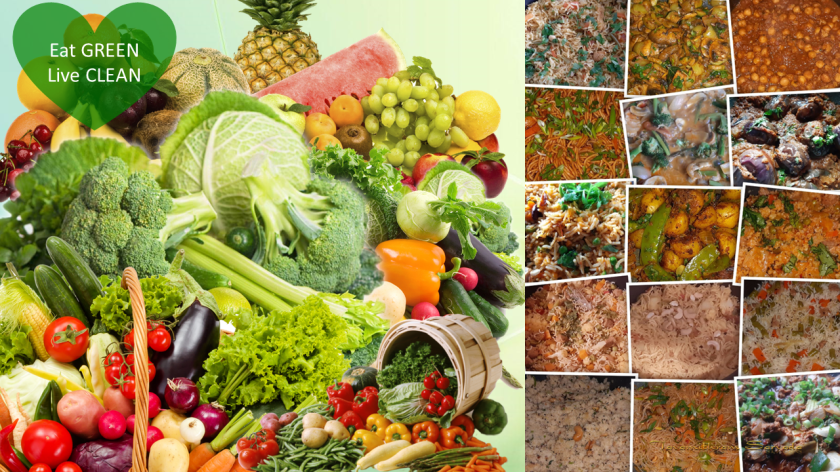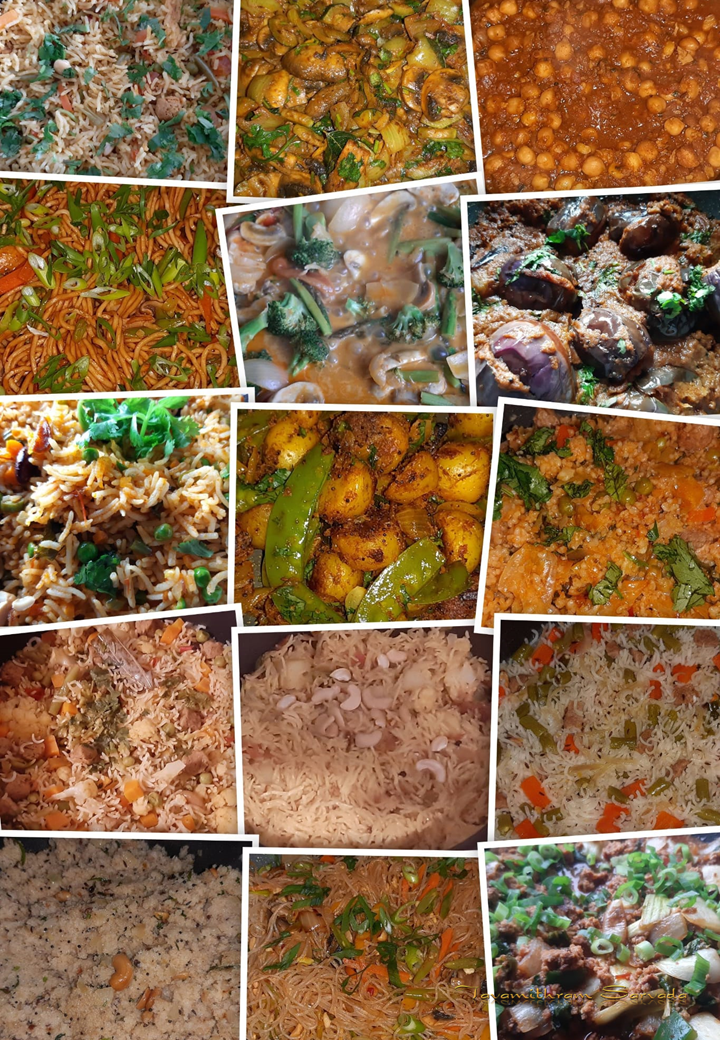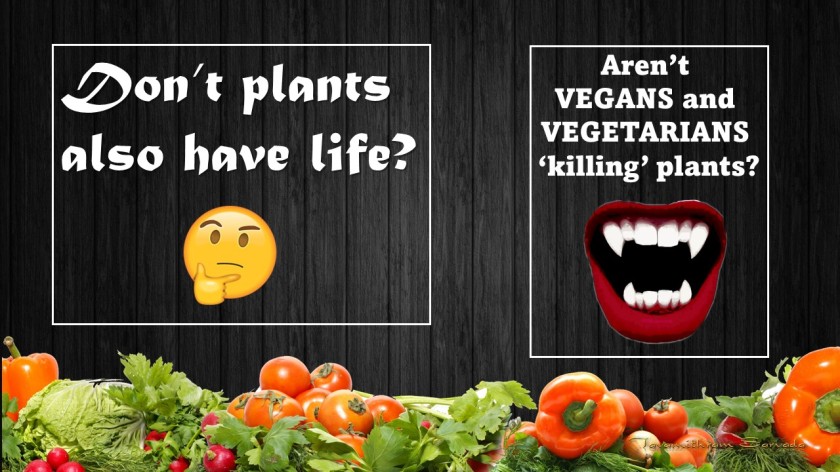Embrace the V.E.V. Method for a Transformed Life
Welcome to an incredible journey of transformation with V.E.V.—Veganism, Exercise, and Vedanta. These three pillars form the core of my lifestyle, bringing unparalleled health, vitality, and inner peace. In the video below, I share how adopting these principles has revolutionised my life.
The Power of Veganism
A balanced vegan diet, rich in essential nutrients, fuels my body and keeps me energised and youthful. Embracing a compassionate lifestyle not only benefits my health but also promotes environmental sustainability and animal welfare.
The Importance of Exercise
Regular physical activity is crucial for maintaining strength and fitness. I explore the various exercises and routines that help me stay active and in top shape. Whether it’s hitting the gym, cycling, or yoga, staying physically active is a key component of my balanced life.
The Wisdom of Vedanta
Vedanta provides the mental clarity and peace necessary for making wise decisions and living a balanced life. This ancient philosophy helps reduce fears, worries, and feelings of inadequacy, allowing me to build a strong foundation for overall well-being.
If you’re looking to improve your health, embrace a compassionate lifestyle, or find inner peace, my video offers valuable insights and inspiration. Join me as I delve into the transformative power of V.E.V. and discover how to live a vibrant, balanced, and fulfilling life.
Don’t miss out—watch the video, and let’s embark on this journey together!
